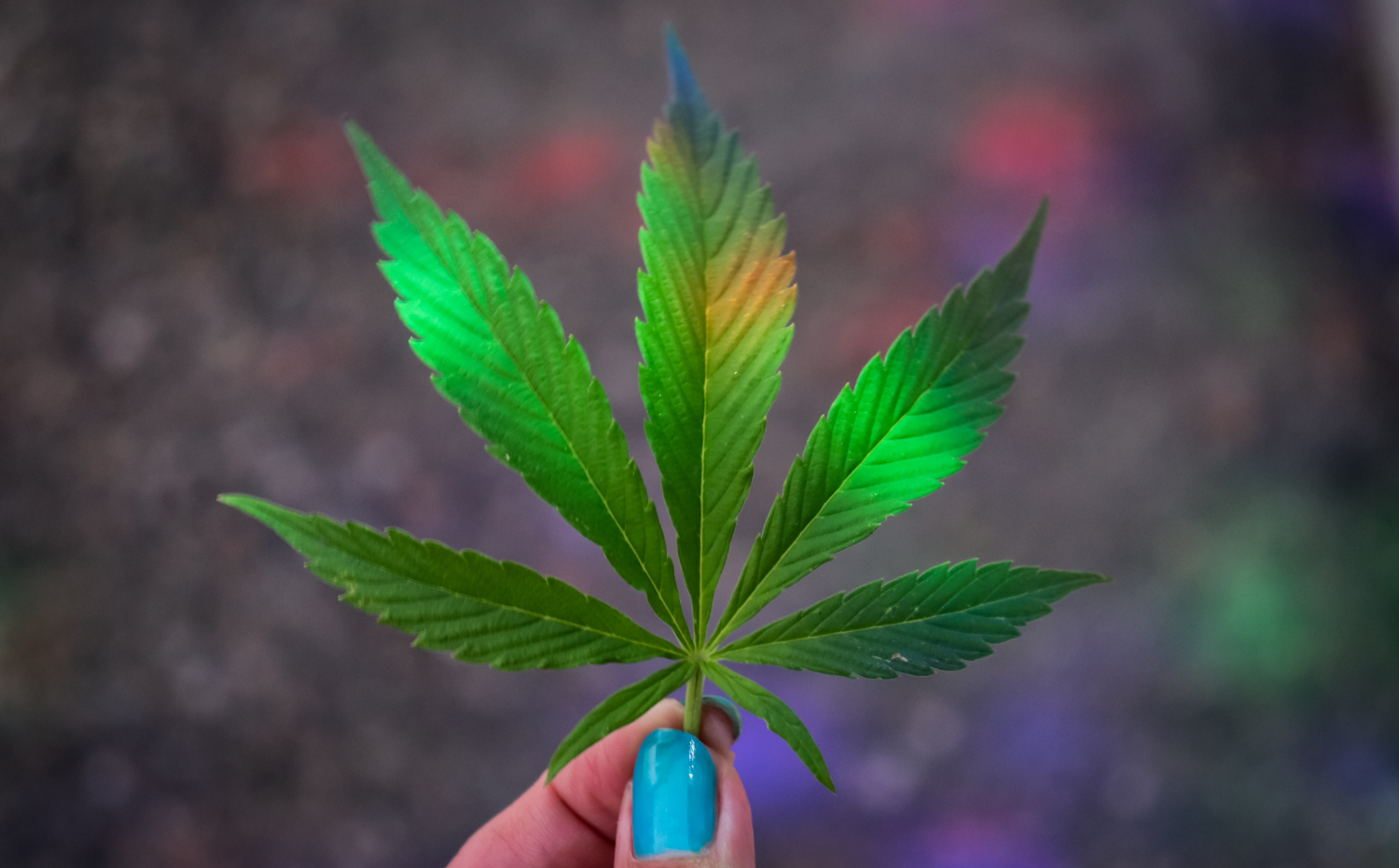Many medical professionals are still arguing about the effects of marijuana on the human body. Some believe that marijuana can be detrimental not only to the musculoskeletal system but also to the heart and liver. Others believe that weed delivery Vancouver same day, on the contrary, helps with mental ailments and cures many related illnesses. In this article, you will learn how marijuana affects individual organs.
The effect of marijuana on the metabolic processes
The positive effect of marijuana on metabolism is widely used in modern medicine. In countries where “weed” is legalized, cannabis preparations are recommended for anorexia, eating disorders, and aversion to food against the background of HIV/AIDS. THC stimulates the appetite and sensitizes the taste buds. This effect is noted by both regular marijuana users and those who have tried “weed” for the first time.
Paradoxically, the effect of marijuana on a person’s weight is exactly the opposite. Despite the obvious increase in appetite and “use” of not only healthy foods but also extremely high-calorie snacks and fast food, there is almost no risk of developing obesity. This is connected with the specific effect of THC on lipolysis processes. Cannabis-based preparations for weight loss in people with critical BMI are currently under clinical trials.
Cannabis and Memory
Cannabis, in various concentrations, contains the potentially medicinal compound cannabidiol, which can reduce anxiety. But there is no doubt that cannabis (dried cannabis flowers and leaves) can cause short-term disturbances in thinking, memory, focus, and psychomotor functions (any activity requiring concentration and conscious control, such as playing a musical instrument or driving a car). This is because the main psychoactive component of marijuana, TNA (tetrahydrocannabinol), exerts its effects by binding to receptors in those brain areas which are vital for memory formation, i.e., the hippocampus, the cerebellar amygdala, and the large hemisphere cortex. The extent to which long-term marijuana use (medical or recreational) contributes to persistent cognitive decline is unknown.
Marijuana: a serious addiction or a dangerous habit
In many countries in Europe, the U.S., and Canada, cannabis and vape delivery Vancouver are already freely sold in specialized stores, and the state budget annually receives millions of dollars.
But at the same time, it is important to realize that marijuana is addictive. Of course, the severity of such an addiction is much less than an addiction to alcohol or tobacco, but the psycho-stimulant effect of cannabis gets used fairly quickly. When used in moderation, marijuana:
- normalizes sleep;
- it improves mood and well-being in general;
- it relieves manifestations of anxiety, restlessness, and fear;
- stimulates performance and attentiveness;
- enhances libido;
- improves appetite without the risk of obesity;
- eliminates pain syndrome and inhibits the development of inflammatory processes.
Bottom line
As you can see, the use of marijuana has a lot of positive aspects, as well as some disadvantages. However, every medicinal product has its consequences. Marijuana as a medical substance is considered safe, but remember that the use of this product should be coordinated with a doctor and should be used in the correct dosages.









